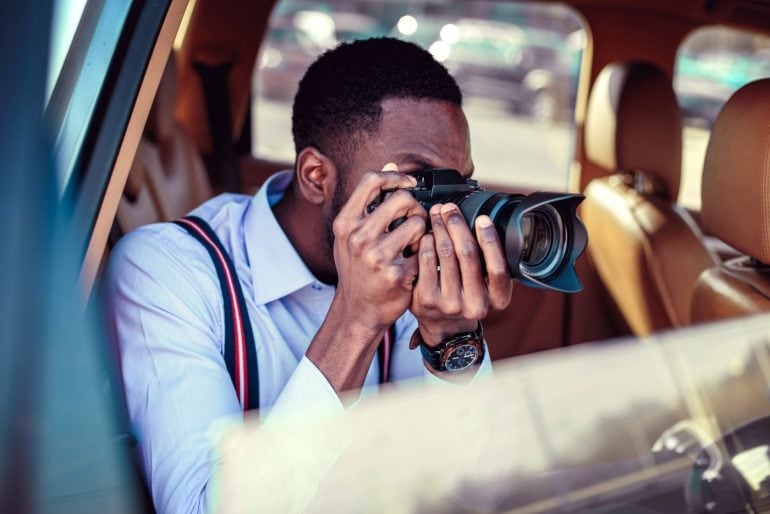The DSLR, or Digital Single-Lens Reflex camera , has undergone an absolute explosion in popularity in recent years due to constantly falling prices and improvements in both quality and ease-of-use.
, has undergone an absolute explosion in popularity in recent years due to constantly falling prices and improvements in both quality and ease-of-use.
But is a digital SLR camera the right choice for you? Let’s look at some of the pros and cons.
Should you get a DSLR camera? 5 DSLR pros
1) Image quality: There’s no point and shoot in the world that can touch the image quality of even lower-end DSLRs. Why? Image sensor size. A bigger sensor means larger pixels — and larger pixels mean better low light performance and better enlargement quality.
2) Flexibility: Need to get a close-up shot but can’t move closer? Put your big giant zoom lens on. Want to fit an entire room in your shot? Put your ultrawide lens on. Not enough light? Put your giant accessory flash on. DSLRs give you almost limitless options for lenses and lighting — the only limit is your wallet.
3) Optical quality: In most cases, even cheap DSLR lenses will outperform P&S lenses in terms of sharpness, color rendition, and distortion.
4) Manual controls: More P&S cams are offering the ability to take complete control over your exposure settings, but even the bottom-of-the-line DSLR will let you do it. They’re made to be used manually, the auto modes are just a bonus.
5) Speed: If you are planning on seriously shooting any type of sports or action, DSLRs power up, focus, and capture faster than any P&S.
Should you get a DSLR camera? 5 DSLR cons
1) Price: All those awesome features and quality don’t come cheap. At the time of this writing just to get your foot in the door with a DSLR and a lens will run you at least $500 — and that’s just the entry-level camera and a basic lens. It’s easy to spend thousands of dollars for your camera equipment.
2) Size & weight: They’re big. They’re heavy. And if you have more than just the camera and one lens, you get to carry even more. I carry a camera bag the size of a small duffel bag on most shoots.
3) Noise: Not image noise — I’m talking actual audible noise. DSLRs make a lot of noise, from the mirror moving up and down, the shutter opening and closing, and, in some cases, sound from the lens focus motors.
4) User-friendliness: DSLRs are complex. Very complex. It’s difficult to “just turn it on and take a (good) picture” without knowing what all those buttons and settings do, and setting them appropriately.
5) Upkeep: Every time you take that lens on and off, dust can get in the camera. If it gets on the image sensor, you end up with ugly smudges on your pictures. Some of them self-clean but speaking from experience, it doesn’t always work. Then you either have to to spend some quality time with Eclipse cleaner and swabs, or pay a lot more to send it in to be cleaned.
* Special note to all you camera experts out there: I am keeping this discussion deliberately simple and leaving out technical details to keep this understandable for the beginner/newbie.








